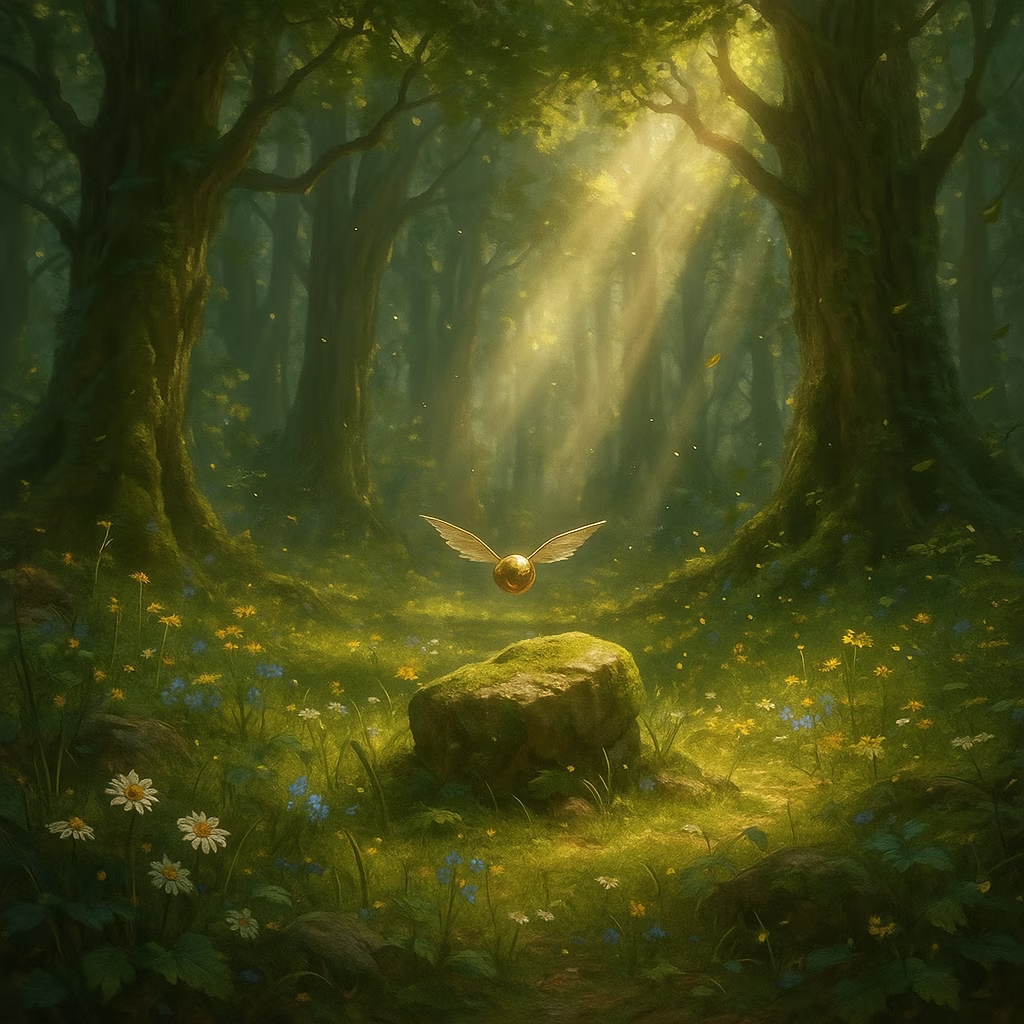I still remember stepping into Hogwarts for the first time in Hogwarts Legacy—the soaring towers, the whispering portraits, and that first rush of casting Lumos in the darkened corridors. As a player, it felt magical, yet something nagged at me. Why did I, a fifth-year student, feel like a tourist rather than a true part of the school? The castle was breathtaking, but the soul of student life—the late-night common room chats, the awkward crushes, the small triumphs in Potions class—was missing. Now in 2025, with rumors swirling about a sequel, I can't help but dream of a Hogwarts Legacy 2 that finally lets us live the full seven-year experience, not just visit it.
Hogwarts Legacy was a triumph in so many ways. Its art design captured the whimsy of the Wizarding World perfectly, from the sun-dappled courtyards to the eerie Forbidden Forest.  Technically, it ran smoothly, and the open-world exploration felt vast and immersive. I spent hours taming magical beasts and dueling dark wizards, but it always struck me as odd that I barely attended classes or bonded with classmates. Instead of feeling like Harry Potter navigating the ups and downs of adolescence, it often resembled a generic action-adventure game with a Hogwarts skin. Avalanche Studios clearly wanted to stand apart from the books and films, but in doing so, they stripped away the intimate, slice-of-life magic that defines Harry Potter for so many fans.
Technically, it ran smoothly, and the open-world exploration felt vast and immersive. I spent hours taming magical beasts and dueling dark wizards, but it always struck me as odd that I barely attended classes or bonded with classmates. Instead of feeling like Harry Potter navigating the ups and downs of adolescence, it often resembled a generic action-adventure game with a Hogwarts skin. Avalanche Studios clearly wanted to stand apart from the books and films, but in doing so, they stripped away the intimate, slice-of-life magic that defines Harry Potter for so many fans.
That's why I believe a sequel should start us as wide-eyed first-years, not seasoned fifth-years. Imagine arriving at Hogwarts at age 11, the Sorting Hat humming over your head, your future unwritten. Over seven years, your choices could ripple through the story—sneaking out to the kitchens might earn you a detention, but also a loyal friend like a house-elf who helps you later. Skipping Charms class could lead to failing a critical spell when facing a mountain troll in year three. Watching your custom character physically and mentally mature, from a clumsy kid to a confident young wizard, would make the journey deeply personal. It’s not just about battles; it’s about forging your identity in this enchanted world.
People Also Ask: Would a seven-year structure make the game too slow or boring?
Absolutely not! In fact, it could heighten the stakes. Think of how Harry Potter balanced mundane moments—like Ron’s failed love potions—with epic battles. A sequel could weave small choices into larger consequences, making even a botched homework assignment feel meaningful. For instance, neglecting Herbology might mean lacking Venomous Tentacula knowledge during a critical quest. This approach rewards players who invest in the full student experience, turning routine into riveting gameplay.
People Also Ask: Will Hogwarts Legacy 2 keep the combat and exploration fans loved?
It should! The first game’s combat was fluid and fun—blasting spells and exploring hidden vaults was a highlight. A sequel can retain that while layering in more student-life depth. Picture this: dueling club meets could unlock new spells, but only if you’ve attended enough Defense Against the Dark Arts lectures. Exploration could expand to include secret passages only accessible after building trust with certain housemates. This isn’t about removing action; it’s about grounding it in the rhythms of Hogwarts life, where a quiet library study session might reveal clues to a larger mystery.
Yet, this vision isn’t without risks. Crafting a narrative that spans seven years would be ambitious—requiring dynamic character arcs and branching storylines that evolve with time. It might mean sacrificing some of the first game’s breakneck pacing. But as I reflect on my own playthrough, what stayed with me weren’t the big battles but the fleeting moments, like discovering a hidden nook in the castle. A sequel that leans into these quieter elements could create something refreshingly new: a game where growing up is the real adventure.
So, as we await news of Hogwarts Legacy 2, I’m left wondering: Can a game truly capture the messy, magical journey of adolescence while keeping the thrill of high-stakes wizardry? Or will it always feel like choosing between being a student and a hero?